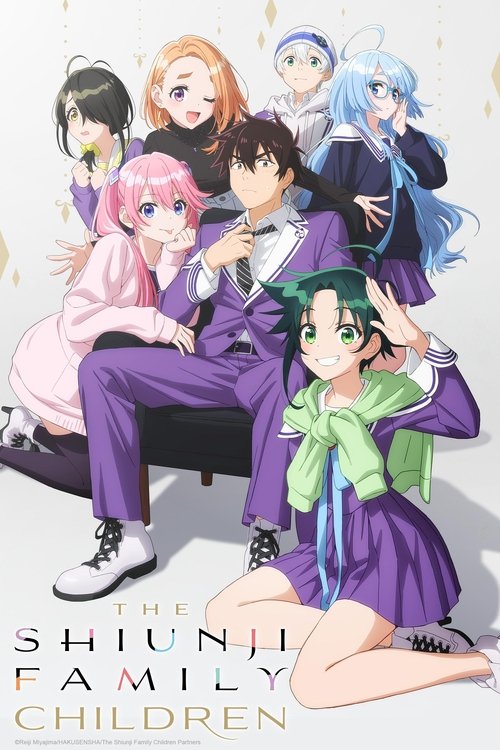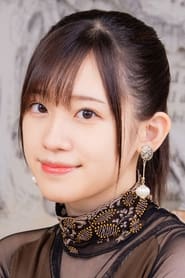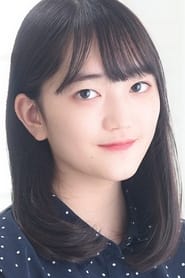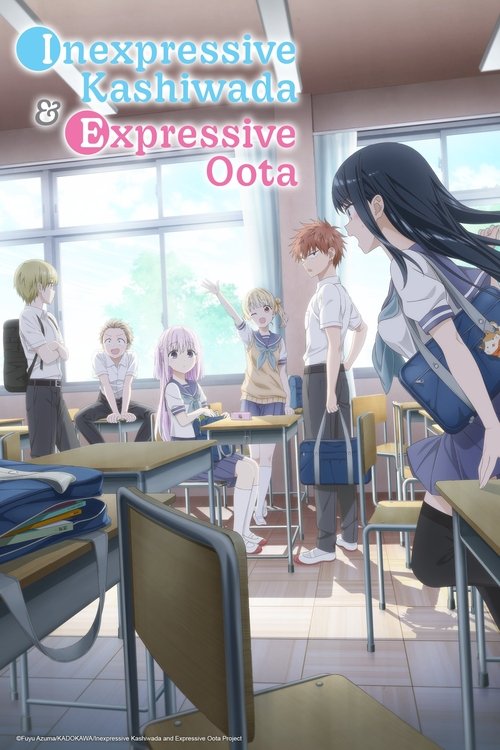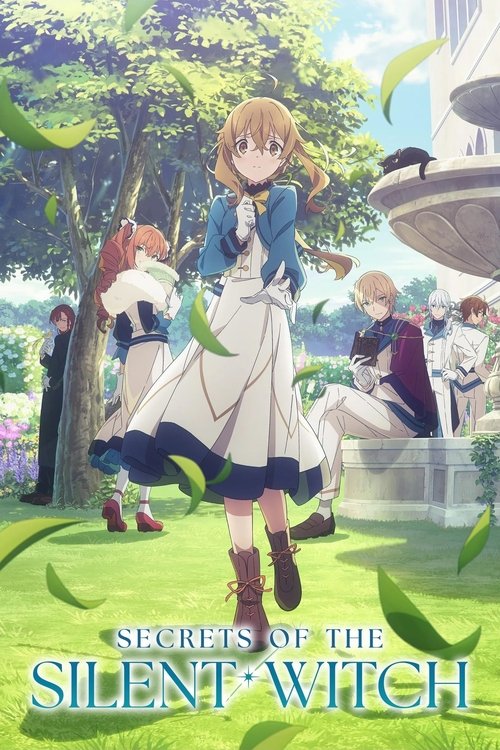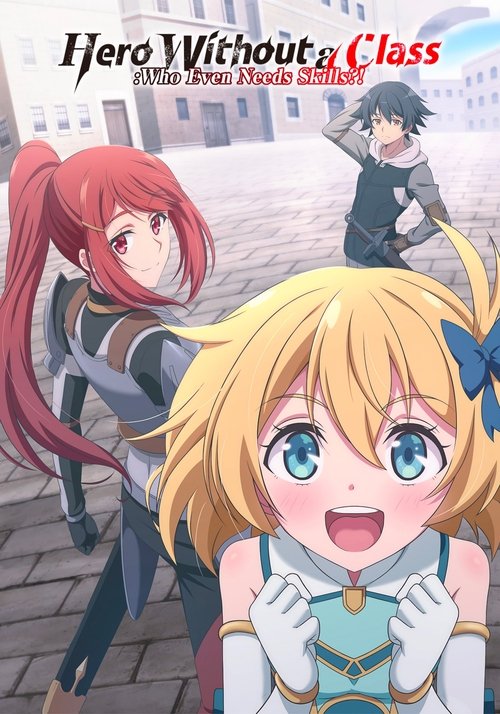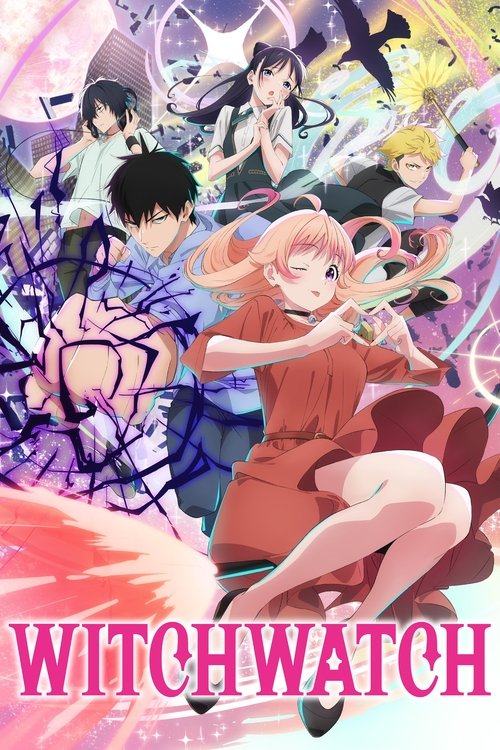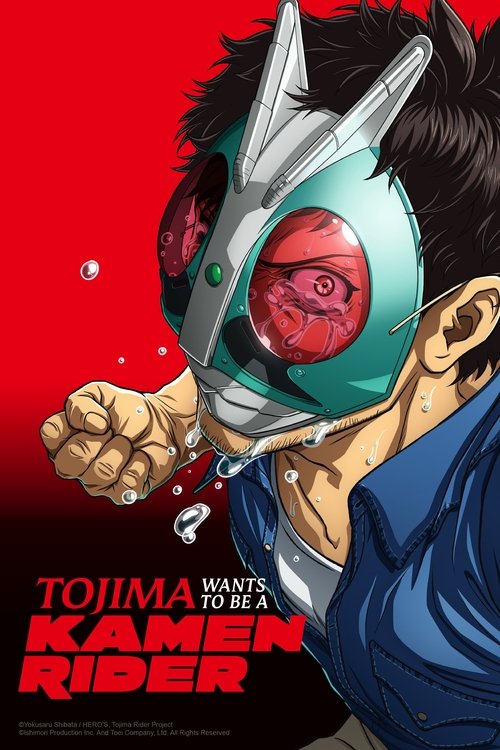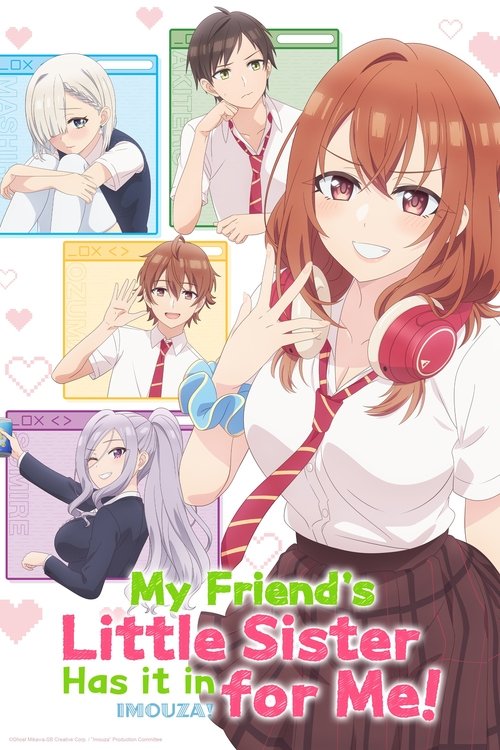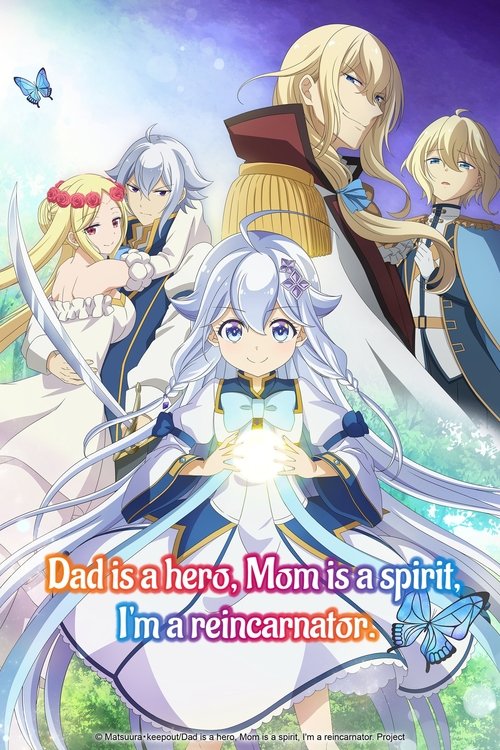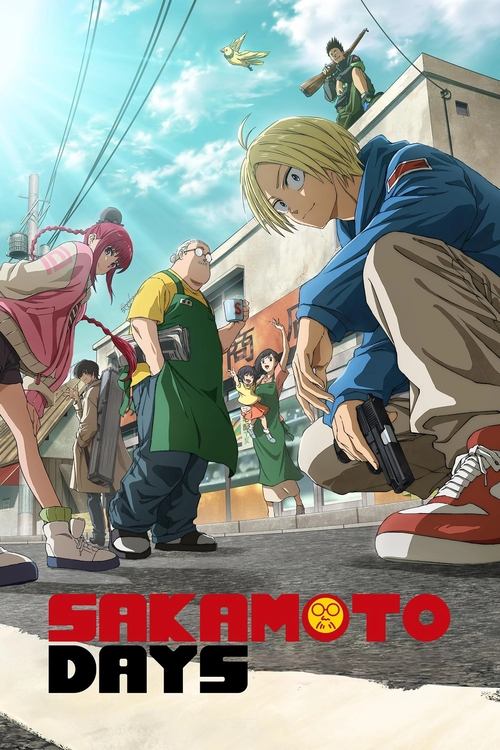
Ask Your Own Question
What is the plot?
The Shiunji Family Children, Season 1, begins with Arata Shiunji, the eldest son in a wealthy Tokyo family, living with his five sisters and one younger brother in the upscale Seijō neighborhood. Arata has never had a girlfriend, and his life seems ordinary within this large family. The family enjoys a comfortable lifestyle under the care of their adoptive father, Kaname Shiunji, who is a self-made entrepreneur deeply loving and protective of his children.
On Kotono's 15th birthday, Kaname Shiunji gathers all the siblings and reveals a shocking secret: none of the seven children are biologically related to each other. This revelation immediately disrupts the family dynamics, as the siblings had always believed themselves to be blood relatives. The announcement causes confusion, disbelief, and emotional turmoil among the siblings, especially Arata, who begins to question his identity and his relationships with his sisters and brother.
Following the revelation, the siblings start to confront their feelings about each other and their family bonds. Arata, in particular, struggles with the new reality, as he had never considered romantic feelings toward his sisters due to their presumed blood relation. Now, with the knowledge that they are not biologically related, the boundaries between sibling affection and romantic interest become blurred, leading to awkward and complicated interactions.
Throughout the season, each sibling's personality and individual talents come to the forefront as they navigate this new family structure. The sisters and brothers experience moments of jealousy, rivalry, and tenderness, often triggered by misunderstandings or the pressure of their changed circumstances. Arata tries to maintain harmony but finds himself increasingly conflicted as he develops feelings that challenge his previous assumptions about family and love.
Key scenes include confrontations where siblings express their frustrations and fears about the future of their relationships. For example, there is a detailed sequence where Arata and one of his sisters have a heated argument about whether their bond can remain purely familial or if it might evolve into something else. This confrontation is marked by emotional outbursts, tears, and a gradual realization that their feelings are more complex than they had anticipated.
In another significant sequence, the siblings attempt to redefine their family rules and boundaries. They hold a family meeting where they openly discuss their feelings and decide to take things one day at a time, acknowledging that their relationships may change but that their love and care for each other remain important. This meeting is tense but ultimately brings a sense of cautious hope.
The season also explores the siblings' interactions outside the family home, including school and social settings, where they must hide or explain their unusual family situation. Arata faces challenges in his social life, especially regarding his lack of romantic experience and the new complications introduced by his family's secret.
The final episodes focus on Arata's internal struggle as he contemplates confessing his feelings to one of his sisters, weighing the risks and consequences. The season ends on a cliffhanger with Arata preparing to make a key decision about his relationship, leaving viewers uncertain about how the family's dynamics will evolve.
Throughout Season 1, the story unfolds in a strict chronological order, with each episode building on the emotional and relational developments triggered by the father's revelation. The plot is driven by the siblings' key decisions to confront their feelings honestly, the father's ongoing support despite the upheaval, and the gradual reshaping of what it means to be a family without biological ties.
Related Titles
Browse All Titles →
What is the ending?
The ending of The Shiunji Family Children Season 1 concludes with the siblings coming to terms with their non-blood-related status, resolving their romantic and familial tensions, and reaffirming their bonds as a family despite the lack of biological ties.
In the final episodes, the story unfolds with the Shiunji siblings facing the emotional aftermath of their father Kaname's revelation that none of them are biologically related. The eldest brother, Arata, who has struggled with his feelings and his role as the family's anchor, takes a central role in guiding the family through this upheaval.
The last episode begins with the siblings gathering in the family home, each processing the news in their own way. Arata initiates a heartfelt conversation, emphasizing that family is defined by love and shared experiences rather than blood. The sisters--Minami, Kotono, Ouka, Shion, and Seiha--and the younger brother Banri express their fears and hopes, revealing their vulnerabilities and desires for connection.
As the day progresses, the siblings engage in various activities that highlight their unique personalities and the deep bonds they have formed. Scenes show Minami's caring nature, Kotono's youthful optimism, Ouka's quiet strength, Shion's playful spirit, Seiha's determination, and Banri's innocence. These moments underscore the theme that their family unity transcends biology.
The climax features a symbolic family dinner where Kaname reaffirms his unconditional love for all his children. The siblings share laughter and tears, symbolizing their acceptance of their new reality. Arata, in particular, finds peace with his identity and his relationships, resolving his internal conflicts about love and family duty.
The series closes with a serene scene of the siblings watching the sunset together, a visual metaphor for new beginnings and enduring bonds. Each main character's fate is one of emotional growth and strengthened family ties: Arata embraces his role as the eldest brother with renewed confidence; the sisters and Banri look forward to their futures with hope and mutual support; and Kaname remains the loving patriarch who holds the family together.
This ending encapsulates the show's core message about the nature of family, love, and identity, leaving the audience with a sense of closure and optimism for the Shiunji family's future.
Is there a post-credit scene?
The TV show "The Shiunji Family Children," Season 1 (2025), does not have any publicly documented post-credit scenes. None of the available sources, including episode summaries, reviews, or official listings, mention or describe a post-credit scene for this season.
If a post-credit scene exists, it has not been noted in major databases or reviews as of now.
What is the significance of the revelation that the Shiunji children are not blood siblings?
The revelation that the Shiunji children--two brothers and five sisters--are not blood siblings is a central plot element that complicates their romantic and familial relationships, creating tension and emotional conflict as they navigate their feelings for each other under this new understanding.
How does Kotono Shiunji's character influence the story, especially regarding her feelings for Arata?
Kotono Shiunji is unique among the siblings because she had romantic feelings for Arata before the revelation that they were not blood-related. Her feelings introduce a complex dynamic about the blurred lines between affection and romantic interest among siblings, though her character fades into the background for much of the series despite her emotional significance.
What are the individual character arcs of the Shiunji siblings in Season 1?
Season 1 explores the personal growth and emotional struggles of the Shiunji siblings, focusing on how each deals with the family revelation and their own feelings. Arata, the eldest brother, grapples with his role and romantic tensions, while each sister, including Seiha, Ouka, Minami, and Kotono, has distinct arcs that reflect their personalities and responses to the family's complicated situation.
How does the family dynamic change after the father’s bombshell announcement during the family dinner?
The father's announcement that the children are not blood siblings disrupts the family's previously stable dynamic, leading to romantic complications and emotional turmoil. This event serves as the catalyst for the series' main conflicts, forcing the siblings to reassess their relationships and individual identities within the family.
What role does the younger brother Banri Shiunji play in the story?
Banri Shiunji, the younger brother, is part of the family's complex romantic and emotional web. While less is detailed about his specific arc compared to Arata and the sisters, Banri's presence contributes to the overall family dynamic and the unfolding drama surrounding their non-blood-related status.
Is this family friendly?
The Shiunji Family Children (Season 1, 2025) is not fully family-friendly for young children due to its content. It is rated with moderate sexual content, including several sexual scenes and some nudity (though sensitive areas are typically covered), mild profanity, and no violence or intense frightening scenes. The show deals with romantic and complicated family dynamics among siblings who are not biologically related, which may be sensitive or confusing for younger viewers.
Potentially objectionable or upsetting aspects for children or sensitive viewers include:
- Moderate sexual content and nudity: Several sexual scenes occur, and there is at least one scene with a nude woman bathing, though explicit details are obscured.
- Mild profanity: Some mild language is present but not excessive.
- Complex romantic themes: The story explores romantic complications among siblings who discover they are not blood-related, which may be inappropriate or uncomfortable for children.
- Emotional and relational drama: The family dynamics and revelations can be emotionally intense or confusing for sensitive viewers.
There is no significant violence, gore, drug use, or frightening scenes, making it less intense in those regards. However, due to the sexual themes and mature relationship content, it is more suitable for older teens and adults rather than young children or sensitive audiences. The show carries ratings such as PG13 or higher in various countries.
In summary, The Shiunji Family Children is best considered a seinen romantic comedy anime with mature themes, not recommended for children or viewers sensitive to sexual content or complex family romance situations.

